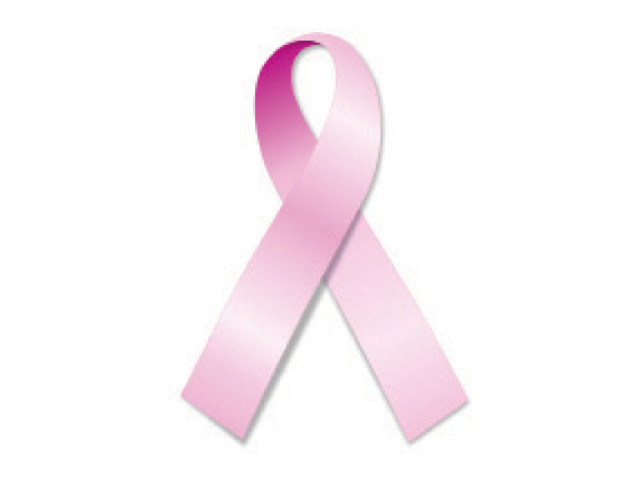Breast cancer: Experts discuss ways to mitigate fatalities
Multi-stakeholders’ consultation held with theme ‘Early Detection Saves Lives’.

Multi-stakeholders’ consultation held with theme
‘Early Detection Saves Lives’.
With October being the ‘Breast Cancer Awareness’ month, the focus should be on supporting and saving women, not just protecting their bodies from invasive treatment but saving their lives.
This was the crux of a multi-stakeholders’ consultation titled ‘Early Detection Saves Lives’ organised by the United Nations Educational, Scientific and Cultural Organisation (Unesco) in collaboration with other UN agencies on Wednesday at a local hotel.
Speakers at the occasion expressed concern for Pakistani women who are at a formidably high risk of getting breast cancer at some point in their lives, which leads to over 40,000 deaths every year.
They said the major reasons behind the large number of annual fatalities are the lack of awareness regarding early diagnosis and proper treatment. Experts stressed the need for breast cancer patients and survivors to be given the right to health coverage on a priority basis under a strong safety net.
Dr Fehmida Mirza, former speaker of the National Assembly and a breast cancer survivor, said in a country like Pakistan, talking about how breast cancer is considered a taboo topic. However, it is a fact that the disease is one of the most common cancers among women in Pakistan, with about one in every ten women in the country feared to be developing the disease during their lifetime. But unfortunately in Pakistan, women, especially those living in rural areas, usually try to hide the disease from family members as it is a ‘sensitive’ topic, she said.
“This is one of the major reasons behind the high maternal mortality rate in Pakistan,” Mirza said.
She said all citizens have a right to demand that their government adequately invests in innovative cancer research.
“As our understanding of breast cancer continues to evolve, we need to develop technologies and screening measures with the widest possible reach get to the maximum number of women,” she said.
Meanwhile, addressing participants, Sangeeta Rana Thapa, the deputy representative of UNWOMEN in Pakistan, said breast cancer prevalence and prevention must also be analysed in the context of lack of women’s empowerment, marginalisation and gender inequalities.
Published in The Express Tribune, October 31st, 2013.



1725254039-0/Untitled-design-(24)1725254039-0-208x130.webp)















COMMENTS
Comments are moderated and generally will be posted if they are on-topic and not abusive.
For more information, please see our Comments FAQ